The Shanghai Astronomy Museum has long been a beacon for stargazers and space enthusiasts, but its latest attraction, "Galaxy Escape," has sparked a frenzy unlike anything seen before. The immersive experience promises to transport visitors across the cosmos, blending cutting-edge technology with astronomical wonder. However, securing a ticket has become a Herculean task, leading to the rise of a shadow economy dominated by automated booking scripts.
When the museum announced the limited-run exhibition, it underestimated the public's hunger for cosmic adventure. Within minutes of each ticket batch release, the online reservation system would buckle under the strain of thousands of simultaneous requests. What began as enthusiastic human competition soon evolved into an arms race of digital opportunism. Tech-savvy individuals began deploying custom scripts designed to bypass the museum's booking safeguards, creating an uneven playing field that left ordinary visitors staring at "sold out" notifications.
The scripts work by automating the entire reservation process, from login to payment confirmation. These programs can complete transactions in milliseconds - far faster than any human finger could navigate the interface. Some sophisticated versions even incorporate proxy networks to mask their digital footprints, making detection nearly impossible. Museum officials have acknowledged the problem but remain locked in a cat-and-mouse game with script developers who continuously adapt to new countermeasures.
Behind this technological tug-of-war lies a deeper cultural phenomenon. China's burgeoning middle class has developed an insatiable appetite for unique educational experiences, particularly those involving space exploration. The country's recent advancements in lunar missions and space station development have fueled national pride and public curiosity. The Shanghai Astronomy Museum sits at the intersection of this scientific renaissance and digital-age consumer behavior.
Local authorities have taken notice of the ticketing chaos. Cybersecurity units have begun monitoring online marketplaces where these scripts are bought and sold, sometimes for hundreds of dollars. Several arrests have been made, but the anonymous nature of underground tech forums makes enforcement challenging. Meanwhile, the museum has implemented increasingly sophisticated verification systems, including AI-powered CAPTCHAs and behavioral analysis tools that track mouse movements and typing patterns.
Ethical debates surrounding the use of booking scripts have divided online communities. Some argue that the scripts represent innovative problem-solving in the face of artificial scarcity. Others condemn them as digital scalping that deprives genuine enthusiasts of fair access. The controversy mirrors larger global conversations about technology's role in democratizing versus gatekeeping cultural experiences.
Interestingly, the "Galaxy Escape" phenomenon has spawned unexpected economic side effects. Local hotels report increased bookings from out-of-town visitors willing to pay premium prices for verified ticket packages. Photography studios near the museum now offer space-themed portrait sessions for those who couldn't secure admission. Even the secondary education sector has taken interest, with several Shanghai schools incorporating the ticketing dilemma into computer ethics curricula.
As the exhibition continues its run, the museum faces mounting pressure to address systemic issues in its reservation platform. Some industry observers suggest blockchain-based solutions or lottery systems used by other international institutions. However, any fundamental changes would require significant infrastructure investment and bureaucratic coordination. For now, the celestial spectacle remains frustratingly earthbound by the limitations of digital ticketing systems.
The "Galaxy Escape" saga ultimately reflects broader tensions in our technologically mediated world. As cultural institutions digitize access to physical experiences, they inadvertently create new barriers even as they remove old ones. The Shanghai Astronomy Museum's struggle represents a microcosm of this paradox - where humanity's reach for the stars remains constrained by the very tools designed to elevate it.

By /Jul 25, 2025

By /Jul 25, 2025
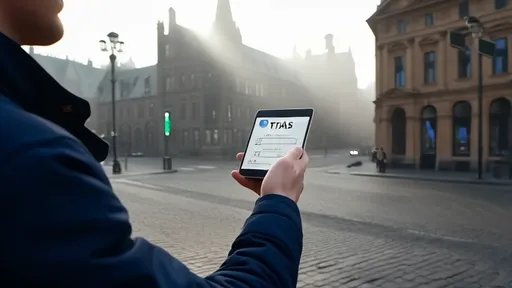
By /Jul 25, 2025

By /Jul 25, 2025
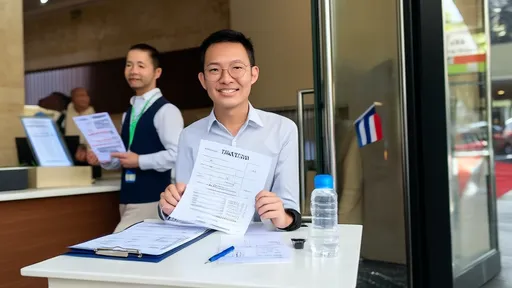
By /Jul 25, 2025

By /Jul 25, 2025
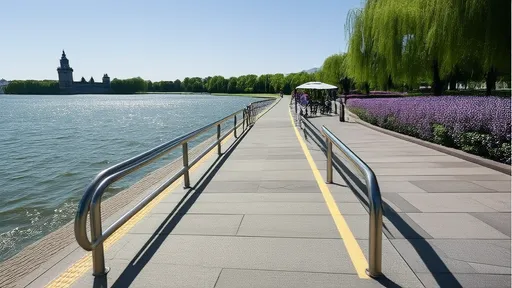
By /Jul 25, 2025

By /Jul 25, 2025

By /Jul 25, 2025

By /Jul 25, 2025
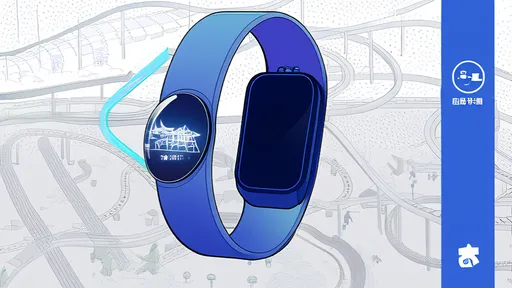
By /Jul 25, 2025

By /Jul 25, 2025

By /Jul 25, 2025

By /Jul 25, 2025

By /Jul 25, 2025

By /Jul 25, 2025
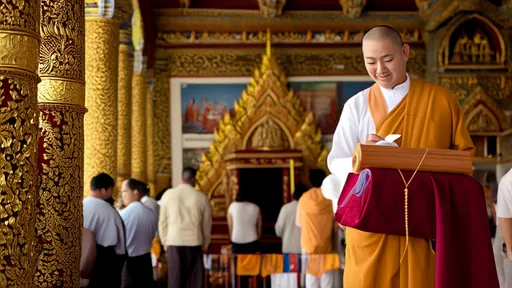
By /Jul 25, 2025

By /Jul 25, 2025

By /Jul 25, 2025

By /Jul 25, 2025